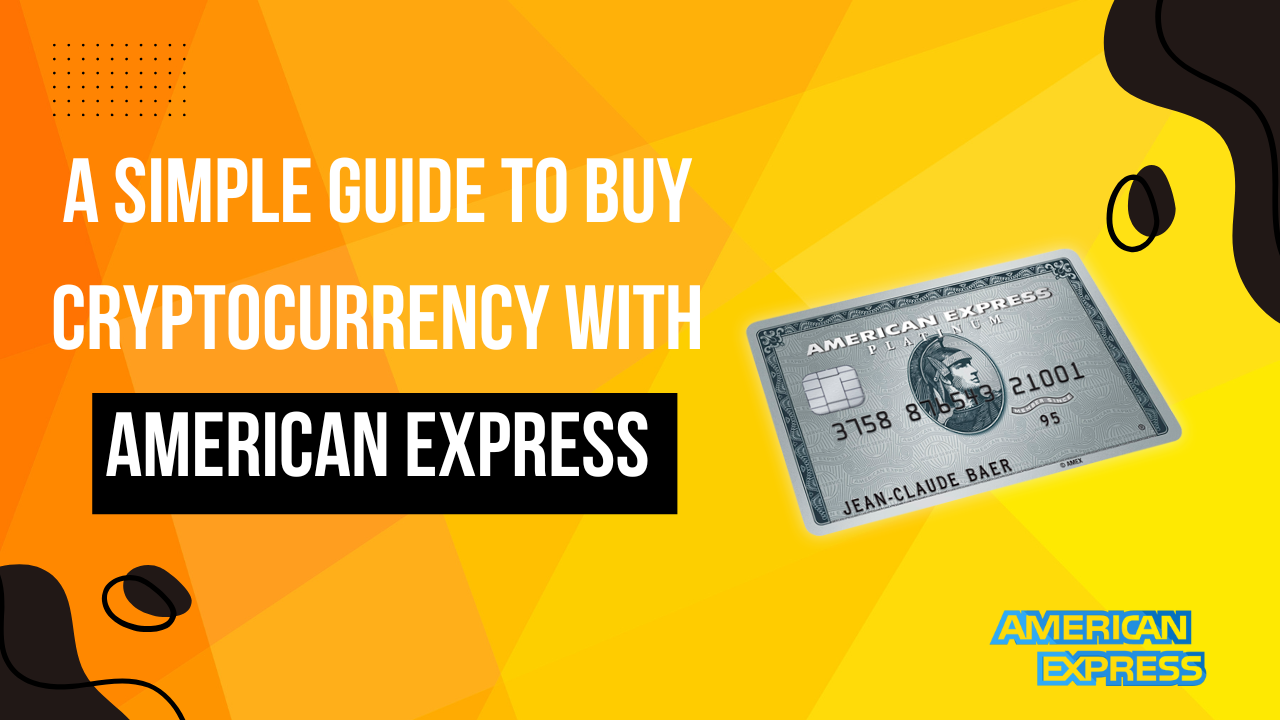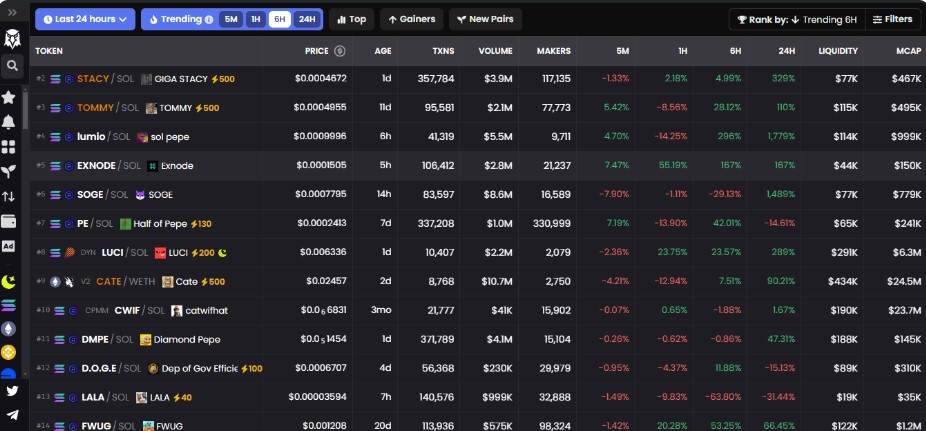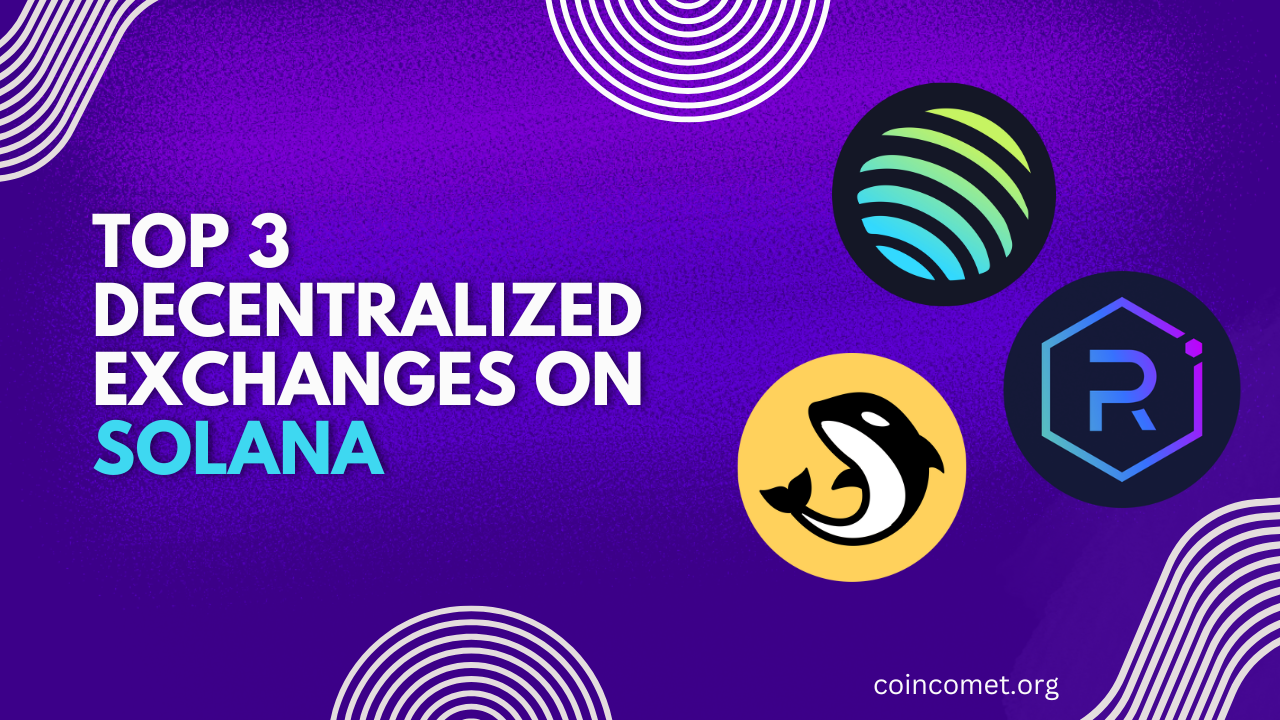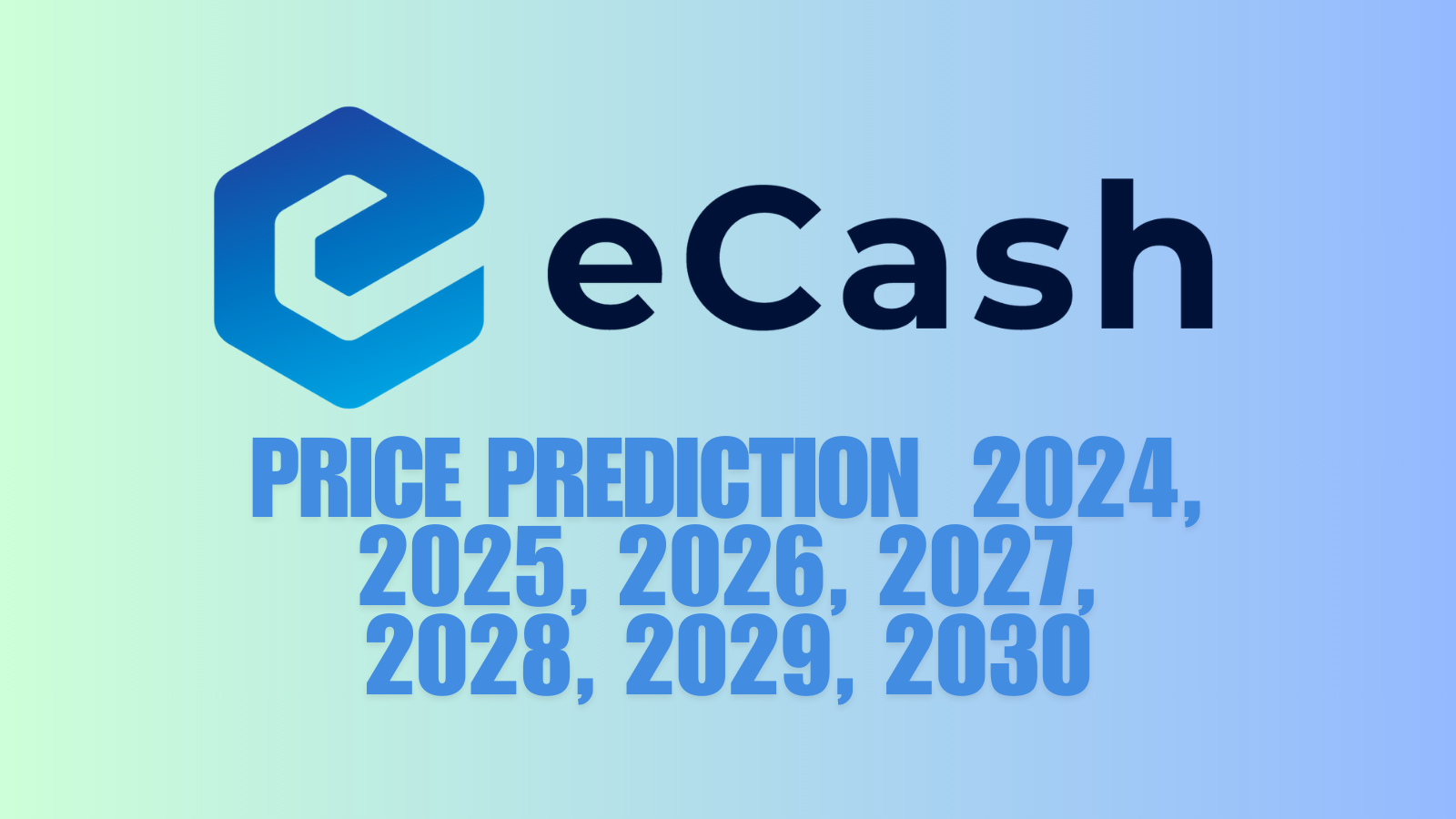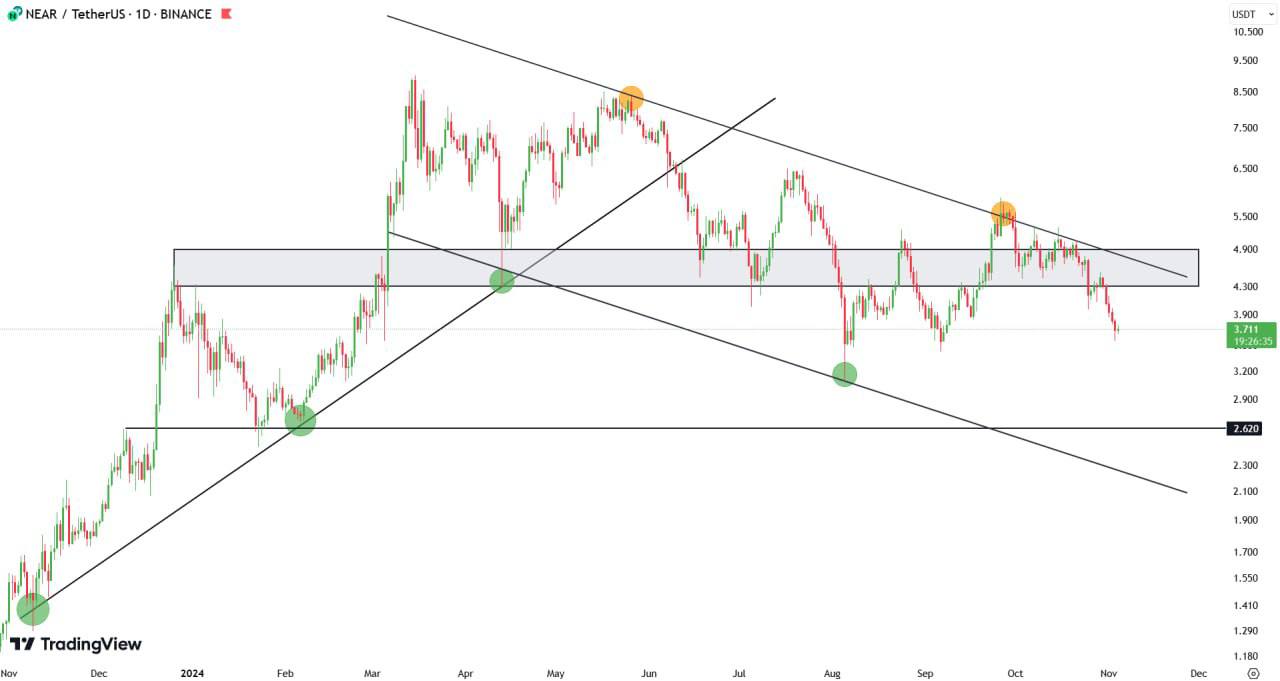Understanding Bitcoin and Why Security Matters
Bitcoin is a decentralized currency powered by blockchain technology. Unlike traditional currencies, it isn’t physical, nor does it rely on a central bank. Instead, transactions are verified by a network of computers, adding resistance to fraud.
However, its decentralized nature also attracts scammers and hackers. Understanding Bitcoin’s risks is crucial to safely buying and managing your investment.
Why Security is Vital in Cryptocurrency
While Bitcoin’s blockchain is secure, the platforms and methods you use to buy, store, and trade it may not be. Cryptocurrency exchanges, for instance, are prime targets for cyberattacks, and phishing scams aim to steal your credentials. Because crypto transactions are often irreversible, protecting your assets is key.
Preparing to Buy Bitcoin
Before you buy Bitcoin, take these preparatory steps to maximize your security:
1. Educate Yourself
Understanding Bitcoin and the broader cryptocurrency landscape is essential. Learn about crypto terminology, how blockchain works, and what sets Bitcoin apart from other digital currencies.
2. Set a Budget
Bitcoin’s market is volatile. Only invest what you’re willing to lose. Many start with small amounts and increase over time.
3. Research Exchanges
Selecting a reputable exchange is critical. Choose platforms with solid security, user-friendly interfaces, and clear fee structures. Common trusted exchanges include Coinbase, Binance, Kraken, and Gemini.
Choosing a Reliable Exchange
To buy Bitcoin safely, pick an exchange with strong security features. Here’s what to look for:
Security Measures
- Two-Factor Authentication (2FA): Adds a second verification layer.
- Cold Storage: Many exchanges keep most assets offline in “cold storage.”
- Insurance: Some exchanges insure stored assets against hacks.
Evaluating Fees and Payment Methods
Each exchange has different fee structures, including trading fees, withdrawal fees, and deposit fees. Check these beforehand to avoid surprises.
Popular Exchanges
- Coinbase: Beginner-friendly with strong security.
- Binance: Advanced tools for experienced traders.
- Kraken: Known for security and wide cryptocurrency selection.
- Gemini: U.S.-based with a regulated approach.
Setting Up Your Exchange Account
Once you’ve chosen an exchange, set up an account. Here’s how:
- Sign Up: Use a unique username and a strong password.
- Complete KYC Verification: Many exchanges require “Know Your Customer” verification, typically involving ID submission.
- Enable 2FA: Set up two-factor authentication for added security.
- Link Payment Method: Link a bank account or credit card; payment methods may have differing fees.
Making Your First Bitcoin Purchase
Now that you’re ready, here’s a step-by-step on purchasing Bitcoin:
Step 1: Decide on an Amount
Most exchanges allow fractional purchases, so you don’t need to buy a whole Bitcoin.
Step 2: Place Your Order
Choose an order type:
- Market Order: Buys Bitcoin at the current price.
- Limit Order: Buys Bitcoin once it hits a set price.
Step 3: Secure Your Purchase
After buying, secure your Bitcoin by transferring it to a wallet.
Storing Bitcoin Safely
Secure storage is as important as buying Bitcoin. Here’s a breakdown:
1. Types of Wallets
Bitcoin wallets come in two main types:
- Hot Wallets: Internet-connected; better for smaller amounts.
- Cold Wallets: Offline storage; ideal for long-term storage.
2. Hardware Wallets
Hardware wallets, like Ledger and Trezor, offer high security by storing private keys offline. They cost between $50 and $200.
3. Software Wallets
Software wallets, such as Exodus or Electrum, are apps that offer convenience but require a secure internet connection.
Best Practices for Wallet Security
- Back Up Your Wallet: Store recovery phrases securely offline.
- Keep Private Keys Confidential: Losing keys can mean losing Bitcoin.
- Enable Security Features: Use password protection and 2FA.
Avoiding Scams and Common Pitfalls
Cryptocurrency is rife with scams. Here’s how to avoid them:
1. Phishing Scams
Be cautious of phishing emails or fake websites trying to steal your credentials. Double-check URLs and avoid suspicious links.
2. Ponzi Schemes
Avoid schemes that promise guaranteed returns—legitimate investments don’t.
3. Fake Wallet Apps
Download wallet apps only from official sources.
4. Social Media Impersonation Scams
Beware of impersonators asking for “processing fees” or giveaways.
Protecting Your Privacy and Security
To stay secure and private in the crypto world:
Use VPNs and Secure Networks
A VPN adds privacy to your crypto activities. Avoid using public Wi-Fi, which is easier to hack.
Enable Email Security
Use a dedicated email for crypto and enable 2FA.
Consider a Hardware Security Key
For added security, use hardware keys like YubiKey.
Managing and Monitoring Your Investment
After buying Bitcoin, managing and tracking it is essential:
Portfolio Tracking
Apps like Blockfolio or Delta help track market performance.
Stay Updated on Security
New security threats emerge regularly; stay informed.
Consider a Tax Advisor
Bitcoin may be subject to taxes in some countries, so consult a tax advisor.
Key Takeaways
- Choose a reputable exchange with solid security.
- Store Bitcoin securely—use a hardware wallet for large amounts.
- Avoid scams and protect your privacy.
- Stay informed and consider professional tax guidance.
FAQ Section
1. What is the safest way to buy Bitcoin?
Using a reputable exchange with strong security and a hardware wallet for storage.
2. Do I need a wallet to buy Bitcoin?
While exchanges offer built-in wallets, using a personal wallet provides added security.
3. How much should I invest in Bitcoin?
Invest only what you can afford to lose; prices can change quickly.
4. Is it safe to keep Bitcoin on an exchange?
Exchanges can be safe but are more vulnerable than personal wallets.
5. What are common Bitcoin scams?
Phishing scams, fake wallet apps, and Ponzi schemes are prevalent.

